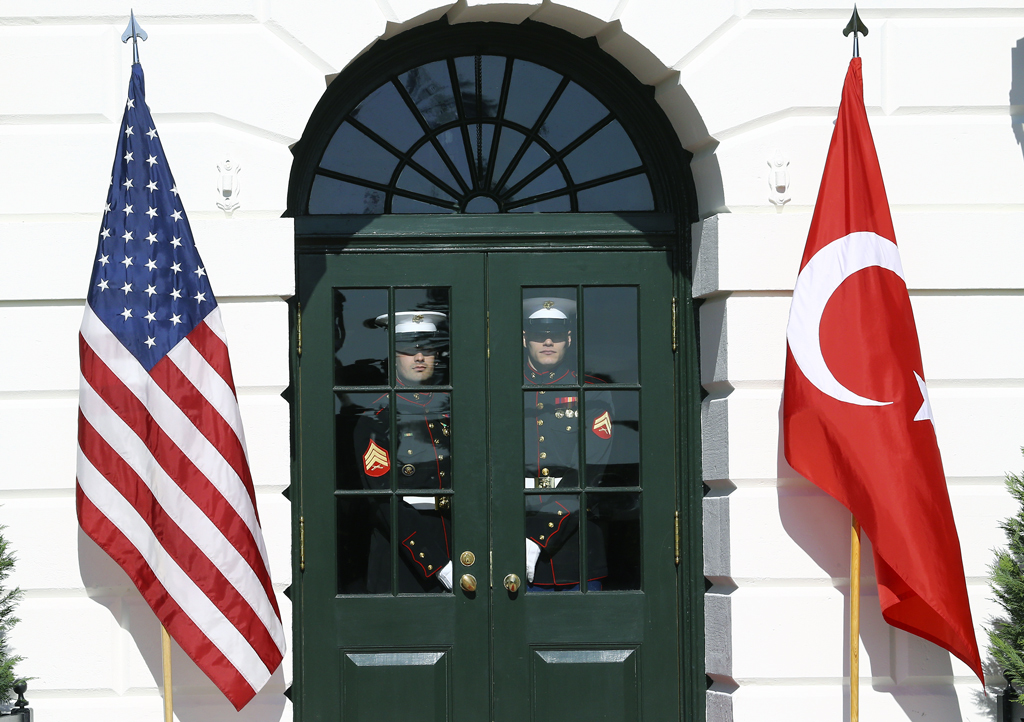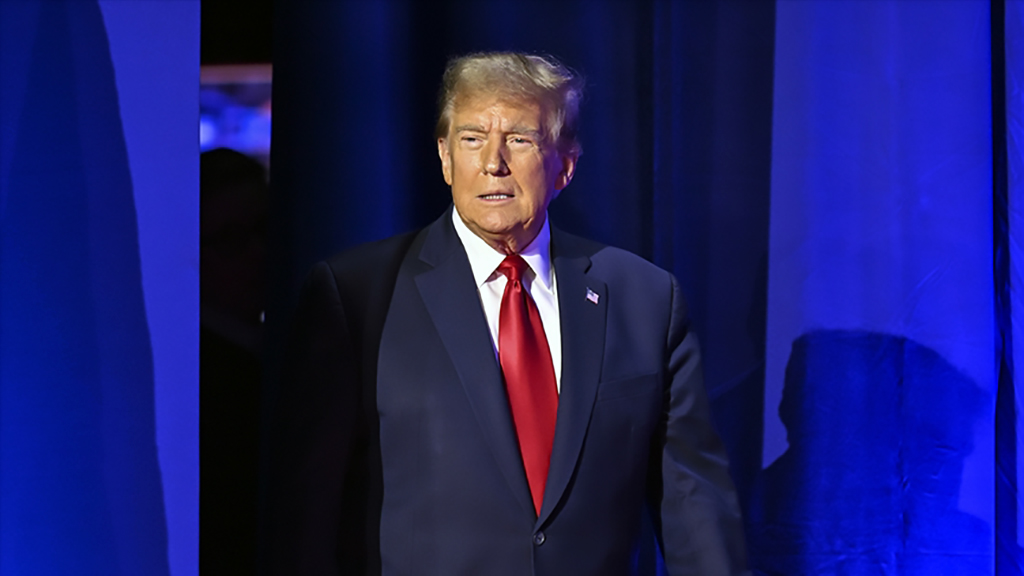U.S. election outcomes and changes in leadership have significant implications for the world. Although continuity is often expected in many foreign policy issues, the profile and policy choices of a new president shape American foreign policy priorities. The political identities of Trump and Harris, who are competing in the upcoming November elections, are starkly different and will play a crucial role in determining the U.S. approach to global and regional issues.
Regarding the future of U.S.-Türkiye relations, it would be reasonable to expect both continuity and change. Historically, crises between Washington and Ankara have not always been easily resolved. However, the institutional framework of NATO, Türkiye's regional significance, and the consistent elements of U.S. foreign policy provide stabilizing factors in bilateral relations.
U.S.-Türkiye relations have always been characterized by ups and downs. Even during the Cold War, considered a stable period, issues like Cyprus brought about sanctions against Türkiye. Türkiye's support for the 1991 Iraq intervention was later met with criticism from the U.S. Congress in the 1990s over human rights concerns in Türkiye's counterterrorism efforts. The mid-term effects of the crisis caused by Türkiye's refusal to open a northern front for the 2003 Iraq invasion were mitigated by Obama's efforts to improve relations with the Islamic world, which positioned Türkiye as a key partner. The positive dynamics from the early days of the Arab Spring, where Türkiye was seen as a model for the region, later turned into a sore point in bilateral relations due to U.S. support for the PYD, the Syrian branch of the PKK, during the Syrian civil war.
Türkiye's long-standing effort to ensure its military and defense capabilities from national resources reached new heights in the 2000s. As one of the major customers of U.S. defense products, Türkiye has made significant progress in meeting its defense needs through domestic production. The restrictions imposed by the U.S. Congress, influenced by anti-Türkiye lobbies, on arms sales and transfers have only strengthened Türkiye's resolve to develop its national capabilities. However, Türkiye's move to acquire Russian S-400 systems to address air defense needs highlighted by the Syrian crisis created a crisis in defense relations with the U.S. Although partially resolved with the recent approval of F-16 sales by Congress, this issue continues to limit bilateral defense cooperation due to ongoing CAATSA sanctions.
Beyond defense issues, the most critical area of crisis remains the U.S. military support for the YPG in northern Syria. This support, justified during the Obama era as part of the fight against ISIS and later during the Trump era to counterbalance Russia and Iran, has deepened the trust gap in bilateral relations, as Türkiye sees this as bolstering a terrorist group threatening its national security. However, Washington's recent political contribution to canceling PYD's plans to hold elections in the region, a move seen as more attentive to Türkiye's concerns, was a confidence-building step in bilateral relations. Continued trends like this, coupled with broader U.S.-Türkiye cooperation on issues such as migration, humanitarian aid, and political solutions in northern Syria, could help overcome the trust deficit.
Despite opposing positions on the Gaza crisis, the intense diplomatic exchanges between Türkiye and the U.S. suggest that both sides contributed to ceasefire efforts behind the scenes. While this crisis may not directly impact U.S.-Türkiye relations significantly, it could affect the potential for joint policies on other regional issues. As tensions between Iran and Israel increase the risk of regional war and the U.S. expresses readiness to intervene in the region in favor of Israel, the space for diplomacy narrows. Israel's uncompromising stance and its lack of interest in a solution for Palestine underscore that progress is unlikely without intense and comprehensive U.S. pressure. However, neither Trump nor Harris appears inclined to exert such pressure.
In summary, defense relations, Syria, and the Palestinian issue will likely remain significant in U.S.-Türkiye relations post-November elections. While both continuity and change are expected regardless of whether Trump or Harris wins, Trump's unpredictable nature could lead to more turbulent times, despite his extensive engagement with Türkiye during his presidency and his communication with President Erdoğan. On the other hand, Harris's lack of foreign policy experience may result in a continuation of Biden-era policies with different personnel, which could be advantageous given that her advisors are likely to be familiar with Türkiye. Washington's recognition of the value in Türkiye's insistence on pursuing an independent foreign policy rather than passively following American policies could positively impact bilateral relations.







